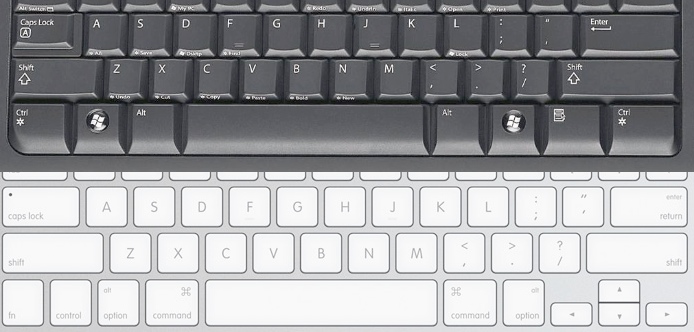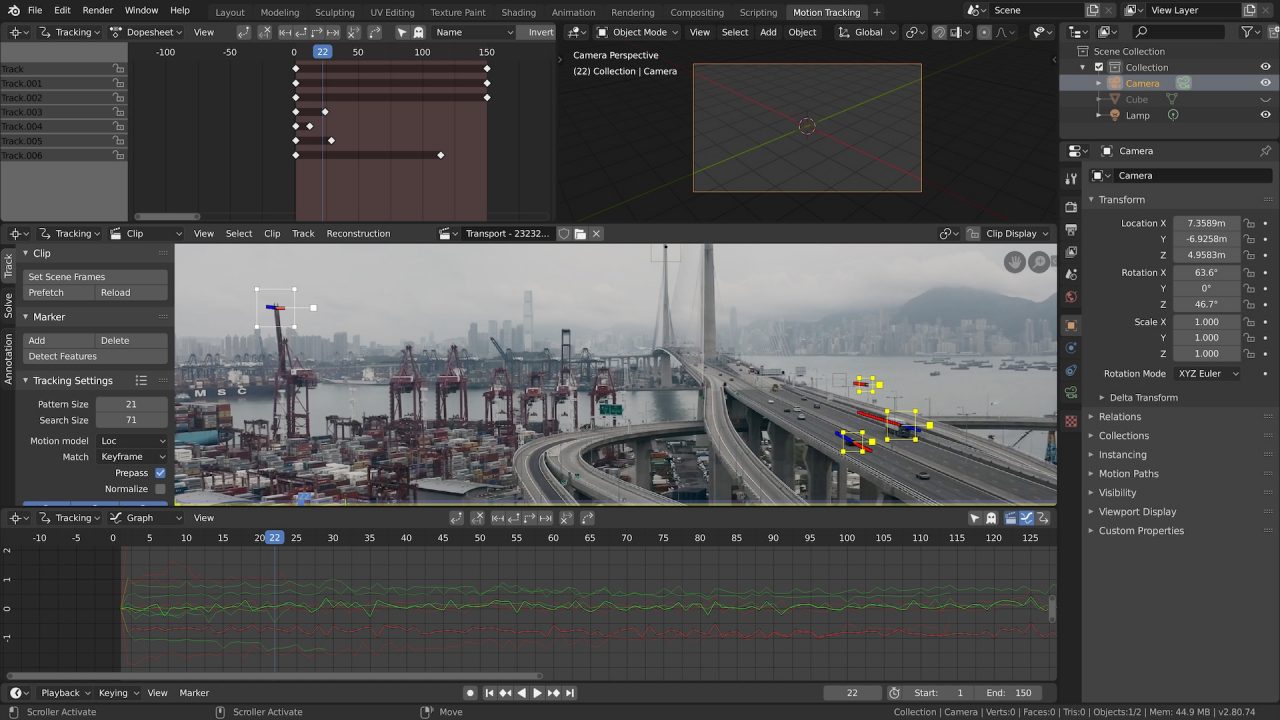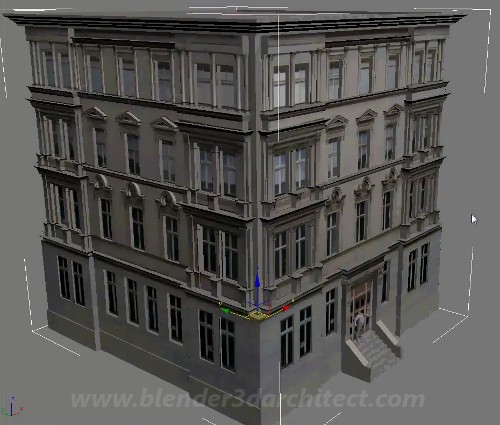Topic blender open data: Discover how Blender Open Data revolutionizes the creative industry, offering unparalleled access to data for innovation, performance benchmarking, and community collaboration.
Table of Content
- What is Blender Open Data and how does it collect and display performance test results?
- What is Blender Open Data?
- Key Features of Blender Open Data
- How to Participate in Blender Open Data
- Benefits of Blender Open Data for Developers
- Using Blender Open Data for Hardware Performance Benchmarking
- Blender Open Data\"s Impact on Software Development
- YOUTUBE: Using Blender Open Data for CPU and GPU Benchmarking
- Future Developments in Blender Open Data
- Community Engagement and Contributions
- Resources and Learning Materials for Blender Open Data
What is Blender Open Data and how does it collect and display performance test results?
Blender Open Data is a platform that allows users to collect, display, and query the results of hardware and software performance tests related to Blender, a popular open-source 3D animation software.
The process of collecting and displaying performance test results on Blender Open Data involves several steps:
- Tests are conducted by individuals or organizations using Blender and various hardware and software configurations.
- The test results, including benchmark scores and hardware specifications, are submitted to the Blender Open Data platform.
- The submitted data is then processed and validated by the Blender Open Data team to ensure accuracy and reliability.
- Once validated, the test results are made publicly available on the Blender Open Data website.
- Users can access the website and explore the collected data using different search and filtering options.
- The platform also provides visualization tools, allowing users to generate graphs and charts based on the collected data.
Overall, Blender Open Data serves as a collaborative platform where Blender users can contribute their performance test results, enabling the community to gain insights into the hardware and software configurations that yield the best performance in Blender.
READ MORE:
What is Blender Open Data?
Blender Open Data is an initiative by the Blender Foundation to promote transparency, collaboration, and innovation within the digital creation community. This platform provides access to a wealth of data related to Blender software, including benchmarks, development statistics, and user contributions. It aims to help developers, artists, and researchers analyze performance, improve Blender functionalities, and foster an environment of open sharing and learning.
- Enhances software development and optimization through real-world usage data.
- Enables artists and creators to make informed decisions on hardware purchases based on performance benchmarks.
- Supports academic research and education by providing accessible data for study and analysis.
- Promotes a culture of open source collaboration, allowing users to contribute data and participate in the platform\"s growth.
The initiative underscores the Blender Foundation\"s commitment to open source principles, encouraging a proactive community that contributes to the evolution of Blender as a leading tool in the digital arts.
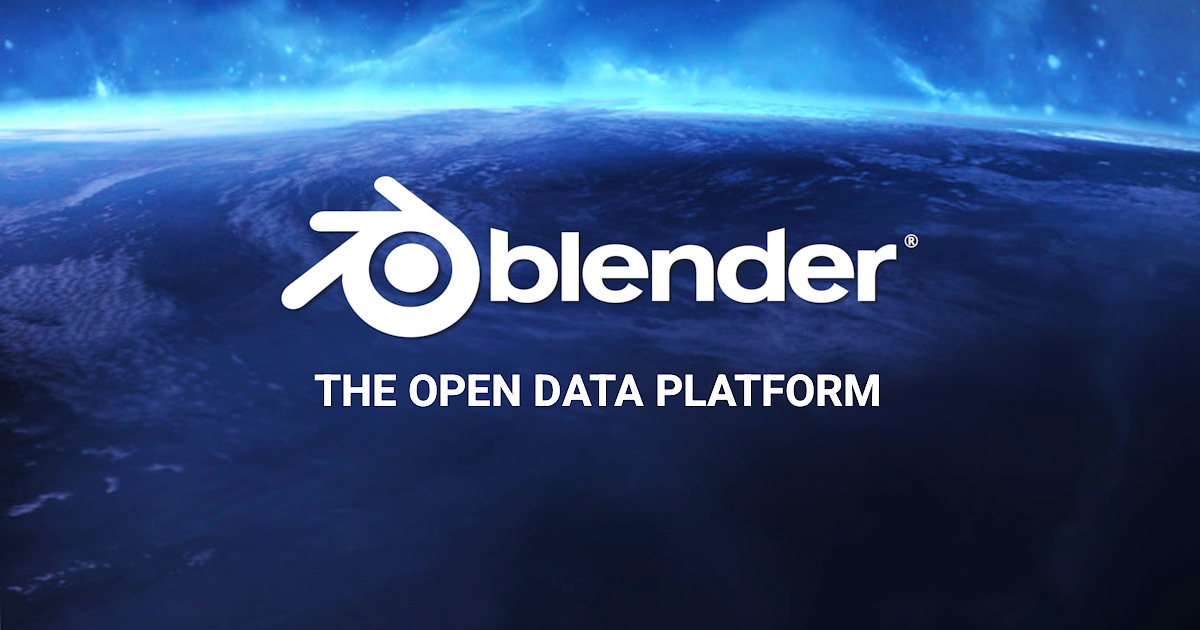
Key Features of Blender Open Data
Blender Open Data offers a suite of features designed to empower users and enhance the Blender experience:
- Comprehensive Benchmarking Tools: Tools for users to test and compare the performance of different hardware configurations with Blender, ensuring optimal compatibility and performance.
- Diverse Data Sets: Access to a wide range of data, including rendering times, hardware efficiency, and software interaction, helping users make informed decisions.
- Community Contributions: A platform for users to contribute their own data, promoting a collaborative environment where everyone benefits from shared knowledge.
- Open Source and Free: In line with Blender’s open-source philosophy, all data is freely available, supporting transparency and innovation in the community.
- Real-Time Updates: Regular updates to the data pool, reflecting the latest user contributions and benchmarks, keeping the community abreast of current trends and developments.
- Global Participation: A global platform that welcomes data from users around the world, highlighting the international scope and diversity of the Blender community.
These features underscore Blender Open Data\"s role in fostering an inclusive, informed, and innovative community that continuously pushes the boundaries of digital creation.

How to Participate in Blender Open Data
Engaging with Blender Open Data is a straightforward process, aimed at fostering a wide participation from the community. Follow these steps to contribute and make the most out of the open data initiative:
- Sign Up: Register on the Blender Open Data website to become a part of the community and gain access to submission tools.
- Download the Benchmark Tool: Download the official Blender Benchmark tool from the Blender website to test your hardware’s performance.
- Run Benchmarks: Execute the benchmark tests on your system. These tests will provide valuable data on how different hardware configurations perform with Blender.
- Submit Your Data: Upload your benchmark results to the Blender Open Data platform. Your submission will contribute to a growing database of information.
- Explore and Analyze Data: Utilize the platform to explore the data collected from users worldwide. Gain insights into hardware performance and software efficiency.
- Engage with the Community: Participate in forums and discussions. Share your insights and learn from the experiences of others.
By participating in Blender Open Data, you contribute to a global effort to enhance Blender’s usability and performance, benefiting the entire Blender community.

Benefits of Blender Open Data for Developers
Blender Open Data provides several advantages for developers, from enhancing software performance to fostering a more engaged community:
- Optimized Software Development: Access to a vast array of performance data aids developers in identifying optimization opportunities for Blender, ensuring a smoother experience for all users.
- Hardware Compatibility Insights: Detailed benchmarking data helps developers understand how Blender performs across different hardware setups, guiding better support for a wider range of devices.
- Community-Driven Improvements: Feedback and data from the community highlight user needs and preferences, enabling developers to prioritize features and fixes that matter most to users.
- Collaborative Problem-Solving: A collaborative platform where developers can share challenges and solutions, accelerating the development process through collective wisdom.
- Informed Decision-Making: Comprehensive data supports more informed decisions regarding development priorities, resource allocation, and performance benchmarks.
- Enhanced Research and Development: Open data fosters innovation by providing a rich resource for academic research, experimental features, and algorithm testing, pushing the boundaries of what\"s possible with Blender.
Ultimately, Blender Open Data empowers developers with the tools and information necessary to drive forward the capabilities of Blender, ensuring it remains at the forefront of 3D creation technology.
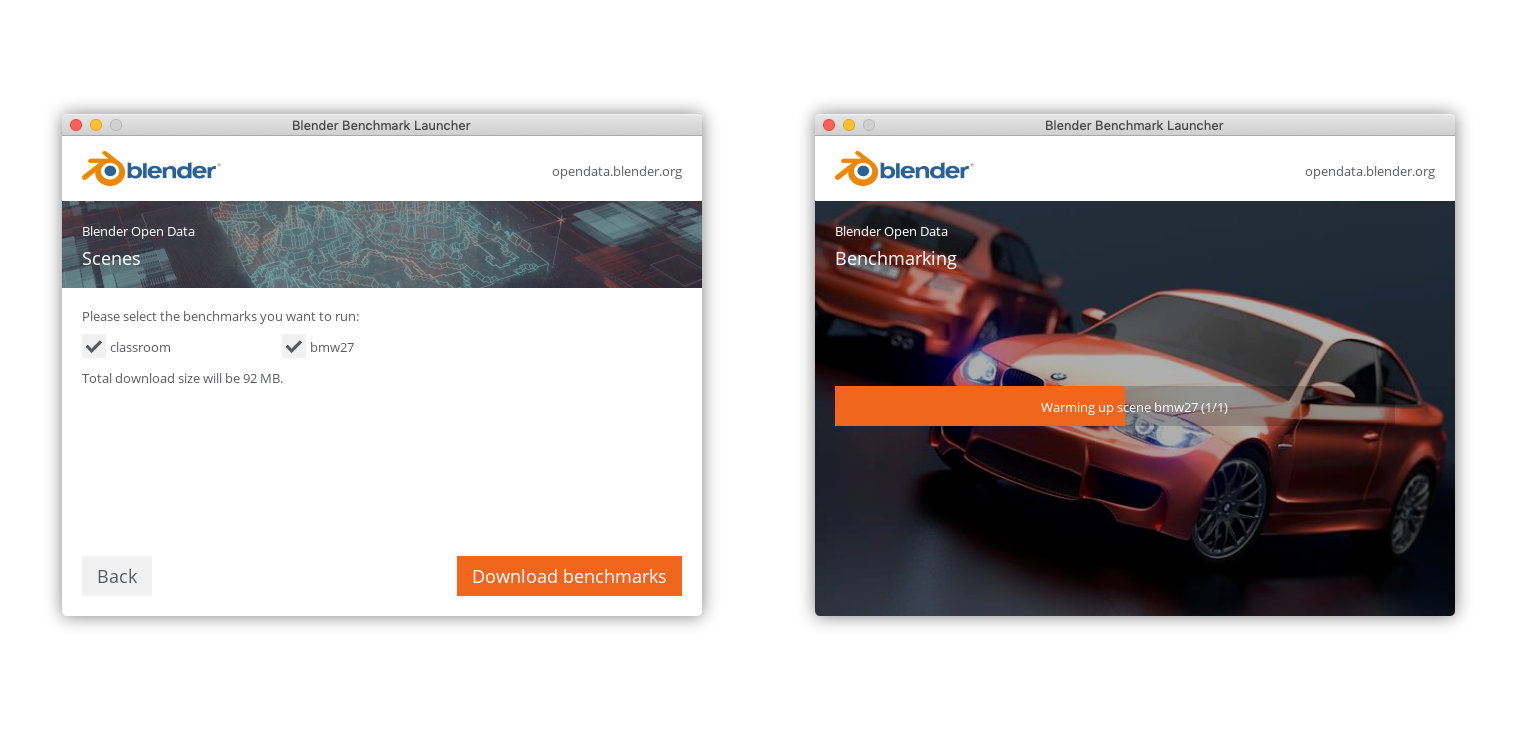
_HOOK_
Using Blender Open Data for Hardware Performance Benchmarking
Blender Open Data is a valuable resource for evaluating and comparing the performance of various hardware configurations with Blender. Here\"s how to effectively use this data for hardware benchmarking:
- Access Benchmarking Data: Start by exploring the Blender Open Data platform to find comprehensive benchmarking results submitted by users around the globe.
- Analyze Performance Metrics: Look for metrics relevant to your needs, such as rendering times and simulation speeds, across different hardware setups.
- Compare Hardware Configurations: Use the data to compare how different CPUs, GPUs, and memory configurations affect Blender\"s performance, helping you identify the optimal hardware for your requirements.
- Make Informed Decisions: Armed with this information, make more informed decisions when upgrading your hardware or setting up a new workstation for Blender projects.
- Contribute Your Data: After benchmarking your own hardware, contribute your findings to the Blender Open Data platform to help enrich the database and assist the community.
By leveraging Blender Open Data, individuals and organizations can optimize their Blender workflows, ensuring they select hardware that offers the best performance for their specific needs.

Blender Open Data\"s Impact on Software Development
The integration of Blender Open Data into software development processes has significantly influenced how developers approach optimization, feature implementation, and community engagement. Here are key impacts:
- Enhanced Performance Optimization: Developers can pinpoint performance bottlenecks and hardware compatibility issues, leading to more efficient Blender optimizations.
- Informed Feature Development: Insights into how users interact with Blender and which features are most valued guide the development of new functionalities that meet user needs.
- Improved User Experience: Understanding hardware benchmarks helps in fine-tuning Blender’s performance across diverse systems, ensuring a smoother user experience for all.
- Facilitated Academic Research: The availability of open data supports academic research into computational graphics, rendering algorithms, and more, contributing to the scientific community’s understanding of these fields.
- Community-Driven Development: Direct feedback and data contributions from the Blender community inform developers of user priorities, fostering a development cycle that reflects the community\"s needs.
Overall, Blender Open Data empowers developers with the resources to make data-driven decisions, enhancing Blender\"s capabilities and ensuring it remains a cutting-edge tool for creators worldwide.
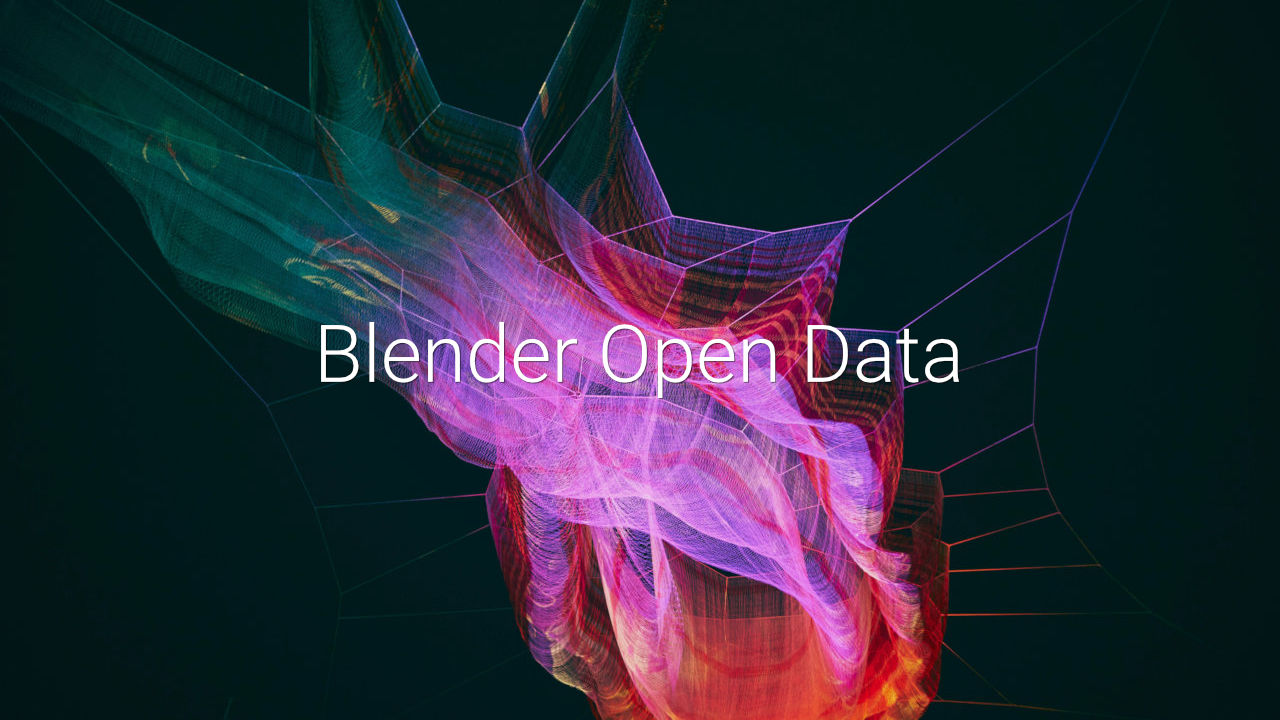
Using Blender Open Data for CPU and GPU Benchmarking
Benchmarking: Discover the power of benchmarking in our informative video! Learn how this process can help your business measure performance, identify areas for improvement, and stay ahead of the competition. Don\'t miss out on this valuable insight!
Blender Open Data: Open Source 3D Benchmarking
Open Source: Dive into the world of open source technology with our eye-opening video! Uncover the endless possibilities, collaborative nature, and cost-saving benefits of adopting open source solutions. Join us as we explore how this movement is reshaping the way we innovate and create. Watch now and unlock the full potential of open source!
Future Developments in Blender Open Data
The Blender Open Data initiative is poised for significant growth and evolution, with several exciting developments on the horizon. Here\"s what to expect in the future:
- Expansion of Data Categories: Plans to broaden the types of data collected, including more detailed user experience metrics and software usage patterns.
- Improved Data Analysis Tools: Introduction of more sophisticated tools for data analysis on the platform, enabling deeper insights and more accessible visualization of data trends.
- Enhanced Community Engagement Features: New ways for users to interact with the data and each other, fostering a more collaborative and engaging community environment.
- Greater Integration with Blender Development: Closer alignment of open data findings with Blender’s development roadmap, ensuring that data-driven insights directly influence software improvements.
- Partnerships and Collaborations: Establishing partnerships with academic institutions and industry leaders to enrich the dataset and leverage Blender Open Data for research and development.
These advancements aim to further cement Blender Open Data as a foundational tool for community-driven innovation, enhancing the Blender ecosystem and empowering users and developers alike.
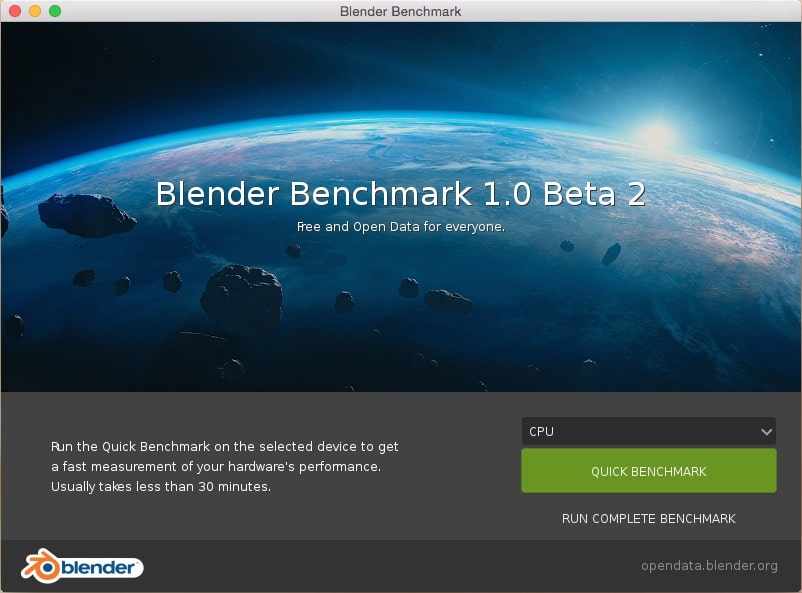
Community Engagement and Contributions
The Blender Open Data platform thrives on active community participation, fostering a rich environment of shared knowledge and collaborative improvement. Here’s how community engagement and contributions shape the platform:
- User-Generated Benchmarks: Community members contribute by uploading their hardware benchmark results, providing a broad base of data for analysis and comparison.
- Feedback and Suggestions: Users offer valuable feedback and suggestions for platform improvements, directly influencing the future development of Blender Open Data.
- Volunteer Developers: Skilled volunteers from the community contribute to the development of the Blender Open Data platform, enhancing its functionality and user experience.
- Community Forums and Discussions: Active forums and discussion boards allow users to share tips, solve problems together, and discuss their findings based on the open data available.
- Education and Training: Experienced users and professionals offer guidance and training materials based on Blender Open Data, helping new users to understand and utilize the platform effectively.
- Global Events and Challenges: Participation in global events and challenges that encourage the use and analysis of open data, promoting a sense of community and shared purpose.
This vibrant ecosystem of engagement and contribution ensures that Blender Open Data remains a dynamic and valuable resource for the entire Blender community.
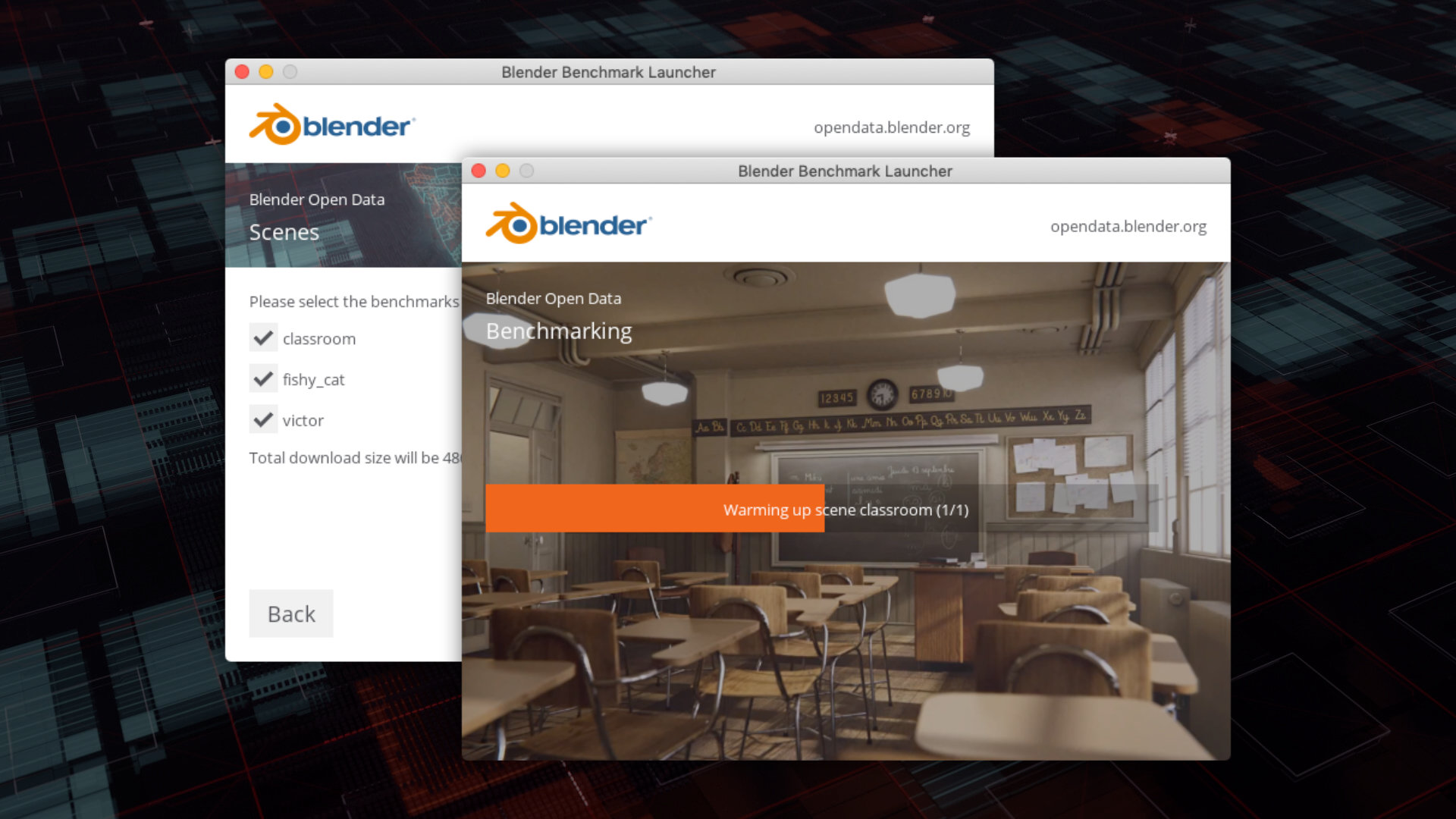
READ MORE:
Resources and Learning Materials for Blender Open Data
To effectively utilize Blender Open Data, a variety of resources and learning materials are available to the community. These tools are designed to help users understand and engage with the data more deeply:
- Blender Open Data Website: The primary resource for accessing the data, including detailed instructions on how to contribute and use the platform.
- Tutorial Videos and Guides: Step-by-step tutorial videos and written guides available on the Blender website and community channels, covering everything from basic usage to advanced data analysis techniques.
- Community Forums: Active community forums where users can ask questions, share insights, and get help with interpreting and contributing to Blender Open Data.
- Academic Papers and Research: A collection of research papers and articles that utilize Blender Open Data for various studies, available for those interested in the academic application of the data.
- Development Documentation: Documentation on the technical aspects of Blender Open Data, useful for developers looking to integrate or expand upon the platform.
- Workshops and Webinars: Regularly scheduled workshops and webinars hosted by Blender experts, offering live demonstrations and Q&A sessions to enhance user understanding and engagement.
These resources provide a comprehensive support system for users of all levels, from beginners to advanced, ensuring everyone can benefit from the Blender Open Data initiative.
Blender Open Data is a cornerstone for innovation, offering insights and collaboration that push the boundaries of digital creation. Engage with this vibrant community to unlock new possibilities and drive the future of Blender.
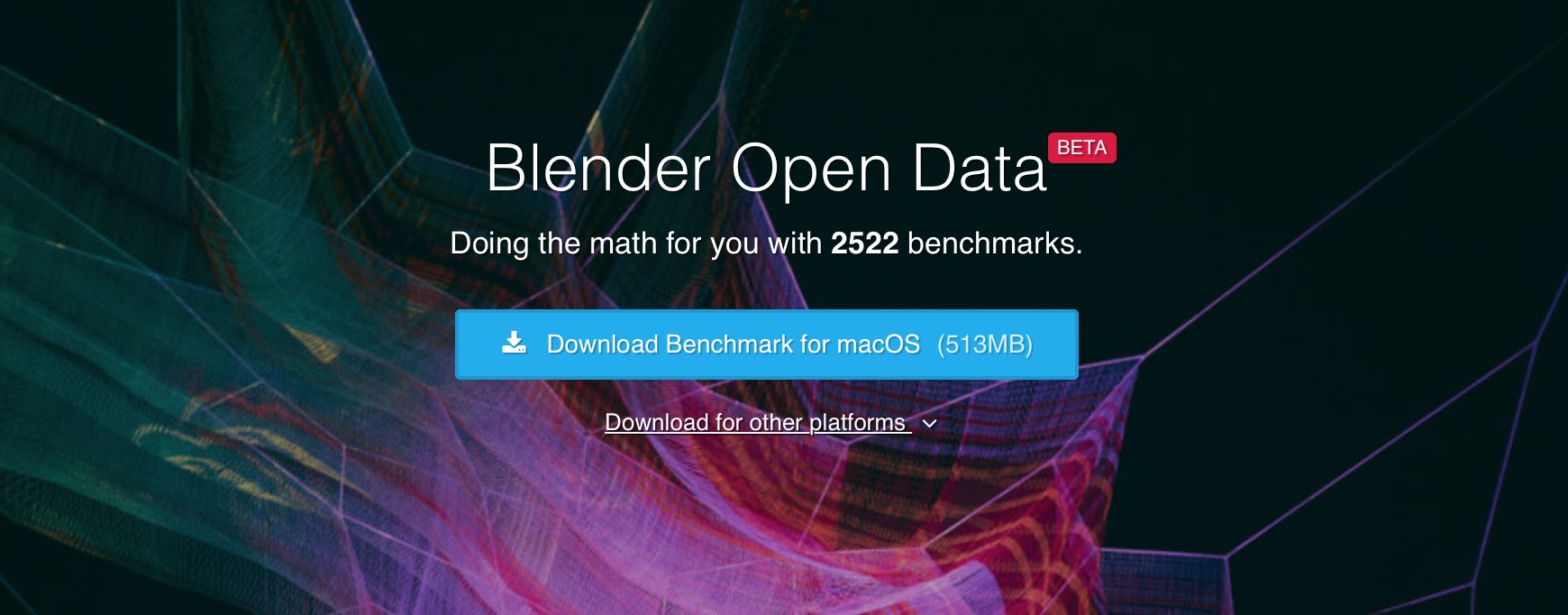
_HOOK_
